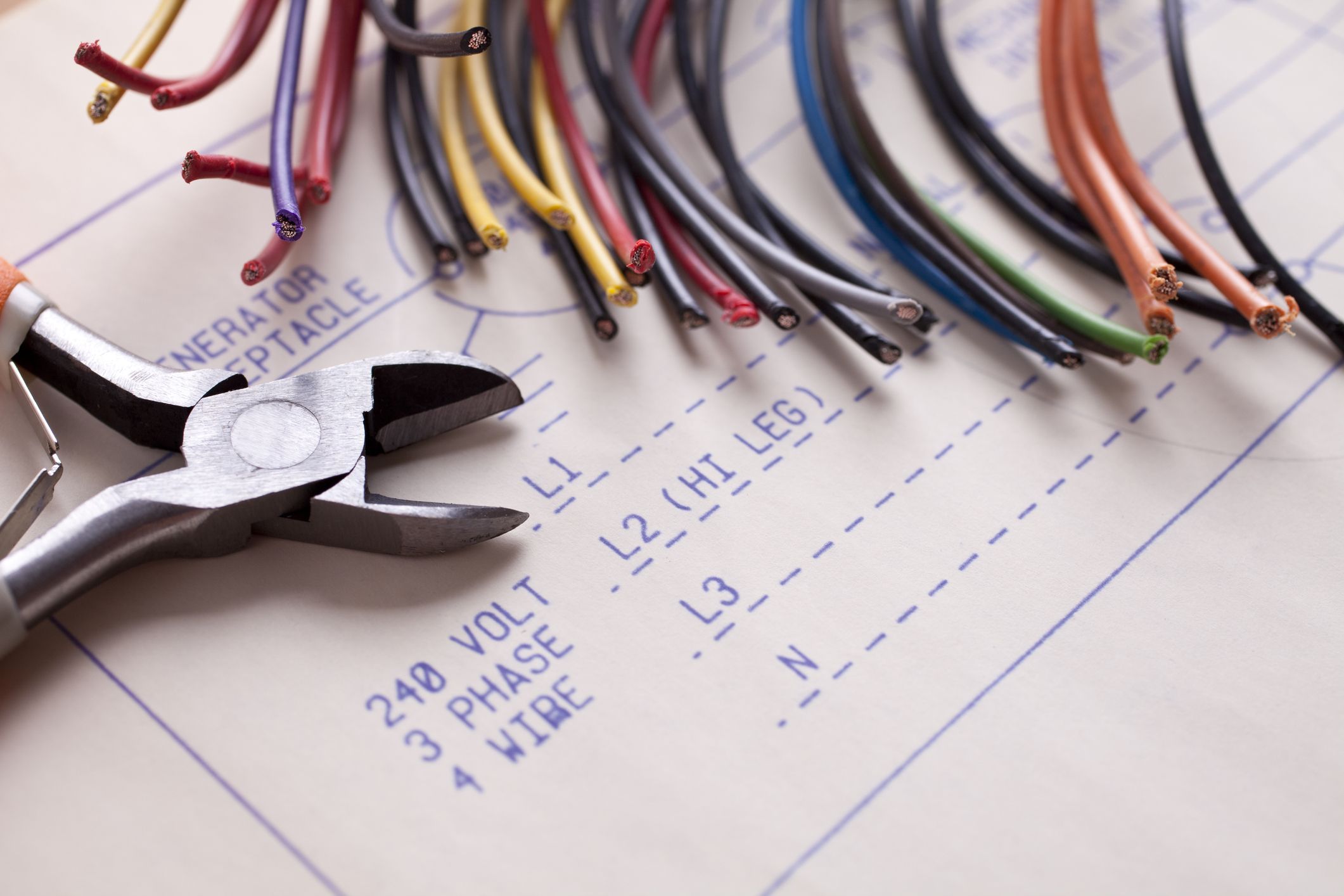8 Ways to Tell Your Electrical Wiring Needs Upgrading
 One myth among DIYers is that home wiring is perfectly safe if you shut off the main breaker and follow instructions. But that isn’t really true; improper connections can seem to work fine but cause later problems. Most people are not experienced enough to do wiring work safely and effectively. Many homeowners are capable of installing a new ceiling fixture, but electrical upgrades should be handled by a professional. Here are eight signs that you may need new wiring.
One myth among DIYers is that home wiring is perfectly safe if you shut off the main breaker and follow instructions. But that isn’t really true; improper connections can seem to work fine but cause later problems. Most people are not experienced enough to do wiring work safely and effectively. Many homeowners are capable of installing a new ceiling fixture, but electrical upgrades should be handled by a professional. Here are eight signs that you may need new wiring.
1. Circuit Overloads
Until 1960, home wiring currents were controlled by fuse boxes. Modern homes have been built with wiring circuit breakers that are more convenient and safer. Putting in a higher-amp fuse could overload the circuit and cause fires. Circuit breakers also have an upper limit. If you have a circuit breaker that keeps tripping, the circuit is overloaded, or you have loose or improper connections.
2. Dimming Lights
This is particularly a problem in older homes that weren’t wired for all of today’s gadgets and appliances. Sometimes a dimming or flickering light comes from a problem with the light itself, or a particular outlet. But if you have multiple lights that tend to dim and flicker, you could have a much wider electrical problem.
3. Buzzing
Buzzing sounds always indicate a wiring problem. If you have a switch, outlet, lamp, or fixture that buzzes, you have a loose connection or bad wire that needs to be fixed. If not, it could pose a risk of fire or electrical shock. If a lamp or appliance buzzes or vibrates, try it in another outlet. If it works fine, the original outlet may be the issue. But if it continues to buzz, either the lamp needs repair or there’s a wiring problem.
4. Hot Outlets
An electrical outlet should always be room temperature. If an outlet feels hot to the touch, or shows scorch marks, it’s overheating. The problem could be either within the outlet itself or in the surrounding wiring. If an outlet goes completely dead, there could be a wire that came loose from a faulty repair job.
5. Modern Outlets
Electrical fixtures can go bad, especially if they are exposed to moisture. This could also cause electrocution. Today’s building codes require that GFCI (ground fault circuit interrupters) outlets be installed wherever there is running water, such as kitchens and bathrooms, to automatically trip and prevent electrocution. GFCIs sold today have test buttons built-in. If you already have modern GFCIs, be sure to test them periodically to ensure they work properly.
6. Bad Splices
Poor or loose splicing between wires is usually a sign of faulty home repairs. However, wires can become frayed or damaged during renovations over the years. Badly connected wires, exposed wires, and nicks or cuts in the wire insulation could lead to shorts and fires. If you encounter this it might be a good idea to have a licensed electrician do an inspection.
7. Aluminum Wires
This was a popular alternative well into the 1970s, as aluminum was much cheaper and lighter than copper wiring. It was used by many contractors to cut costs. While aluminum works fine, it is subject to expanding or contracting during summer or winter temperatures. Eventually this can loosen connections and create a hazard. If you have aluminum wiring, you might want to discuss upgrading it with your electrician.
8. Burning Smell
Already this year, 995 people have died in home fires. If you smell burned plastic in a particular room or area, it may indicate overheating that’s begun to melt wire insulation or even plastic parts in appliances. Overheated wires can “burn” for years, but there’s a constant risk of fire to surrounding materials such as dust and debris, old insulation, or wooden wall frames. If you smell melted plastic from an appliance, unplug it immediately. If it’s coming from the household wiring, turn everything off and call an electrician.
Wiring is never something you should take lightly. Not only can bad wiring render your devices useless or even ruin them, it poses a risk to your home and your family’s safety. If you see any of these problem signs in your home, contact a licensed electrician.

















